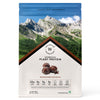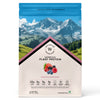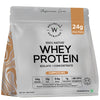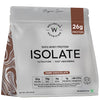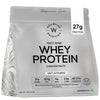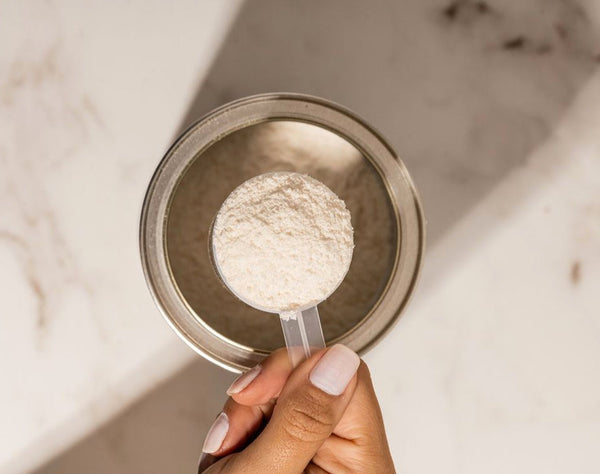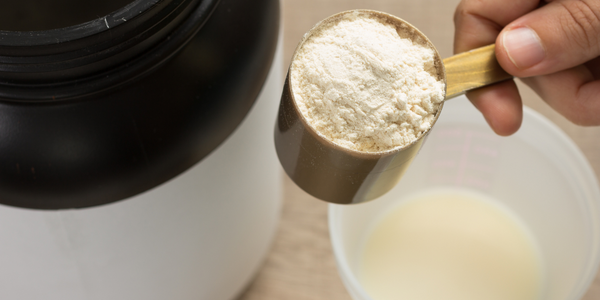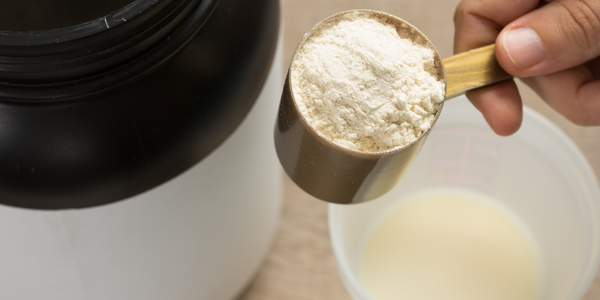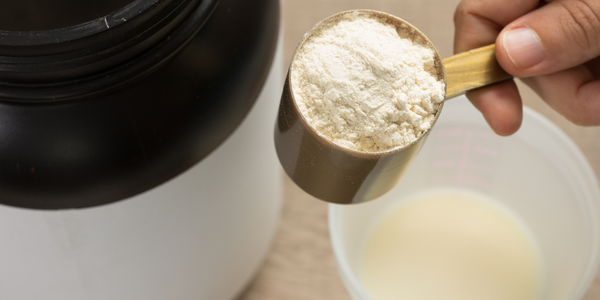Fueling your body before a workout is essential for energy, endurance, and recovery. While carbohydrates are the primary pre-workout fuel, pairing them with protein creates the perfect combination to optimize performance and repair. If you’ve wondered whether protein powder should be part of your pre-workout routine, here’s everything you need to know.
Why Pre-Workout Nutrition Matters
Your body relies on carbohydrates for quick energy and protein for muscle repair and growth. A pre-workout meal or snack that balances both ensures you perform your best while minimizing muscle breakdown during exercise.
Protein Powder: An Overview
Protein powder is a convenient source of high-quality protein derived from whey, casein, soy, peas, or other sources. It provides the essential amino acids needed for muscle maintenance and recovery. Including protein powder in your pre-workout routine ensures:
-
Steady energy levels throughout your workout.
-
Enhanced muscle performance and endurance.
-
Reduced muscle breakdown, improving recovery post-workout.
Benefits of Including Protein in Your Pre-Workout Meal
Here’s why pairing protein with carbs is a game-changer before hitting the gym:
-
Energy Boost: Carbs fuel your workout, while protein supports steady energy by balancing blood sugar levels.
-
Improved Performance: Amino acids from protein help reduce muscle fatigue and support strength during exercise.
-
Enhanced Recovery: Protein primes muscles for repair and reduces post-workout soreness.
-
Fat Loss Support: Protein increases satiety and prevents muscle loss during fat-loss phases.
The Role of Carbohydrates with Protein Before a Workout
Carbs are your body’s preferred energy source during exercise. Including complex carbs (like oats or sweet potatoes) or simple carbs (like bananas) in your pre-workout meal alongside protein provides sustained energy while the protein works to support muscle health.
Timing Your Pre-Workout Meal
For best results, consume a light meal or snack 30–60 minutes before your workout. Pairing protein powder with a carbohydrate source ensures your muscles are fueled and ready.
Examples:
-
A banana and a whey protein shake.
-
Oatmeal with a scoop of Wellbeing Nutrition Whey Protein Isolate.
-
Whole-grain toast with almond butter and half a scoop of protein powder.
Best Protein Powders for Pre-Workout
Choosing the right protein powder matters. Here are some top options:
-
Whey Protein: Fast-digesting and rich in BCAAs, it’s ideal for quick energy and muscle support.
-
Plant-Based Protein: Great for vegans or those with lactose intolerance, offering a complete amino acid profile.
-
Casein Protein: A slow-digesting option, better suited for workouts later in the day.
Myths About Protein Powder Pre-Workout
-
Protein will slow you down.
Fact: Protein aids muscle performance and doesn’t make you feel heavy when consumed in the right quantity. -
Only carbs matter before workouts.
Fact: Carbs fuel energy, but protein prevents muscle breakdown and supports recovery. -
You only need protein post-workout.
Fact: Protein pre-workout enhances endurance and complements post-workout muscle recovery.
Ideal Pre-Workout Recipes
Protein Shake
-
Blend 1 scoop of Whey Protein Isolate with water or almond milk.
-
Add a banana or a handful of oats for carbs.
Smoothie Bowl
-
Blend protein powder with frozen berries and a splash of coconut water.
-
Top with granola and chia seeds for crunch and added nutrients.
Energy Bites
-
Mix protein powder, rolled oats, nut butter, and honey into bite-sized balls.
Post-Workout Protein: The Recovery Key
While protein before a workout helps minimize muscle breakdown, consuming protein after a workout is critical for recovery and muscle building. Post-workout protein ensures your muscles get the essential amino acids needed for repair and growth.
A fast-digesting protein like whey isolate is ideal as it is quickly absorbed, making it highly effective for muscle recovery. However, if you prefer plant-based options, look for proteins with a complete amino acid profile, such as a blend of pea and rice proteins.
Aim to consume your post-workout protein within 30–60 minutes after exercising to optimize muscle protein synthesis. Pair it with a carbohydrate source like fruit or oats to replenish glycogen stores and enhance recovery.
Fueling up before a workout with a balance of carbs and protein is critical for performance, recovery, and achieving your fitness goals. Protein powder paired with a carbohydrate source provides the energy and muscle support you need to power through your session and recover efficiently.








